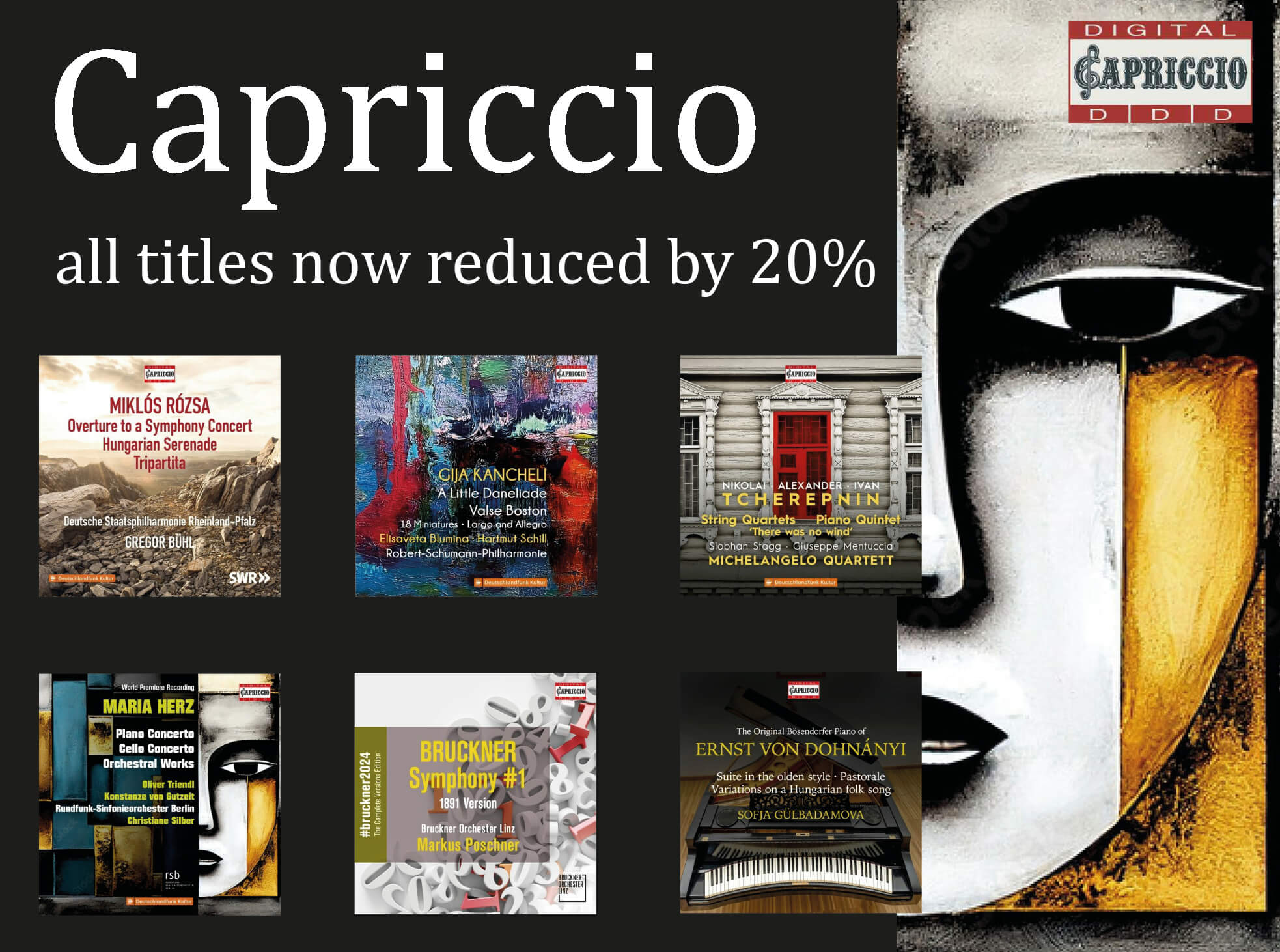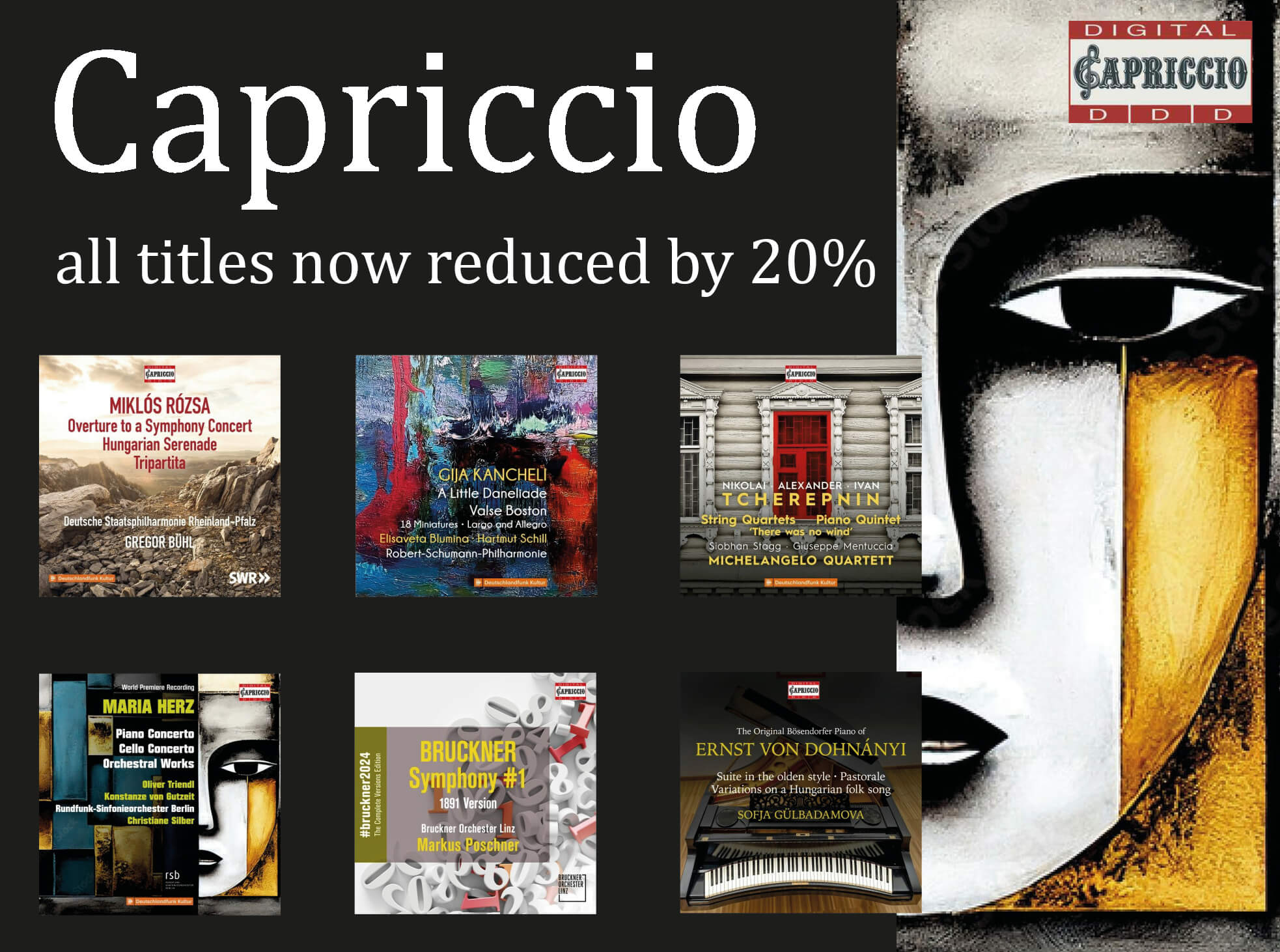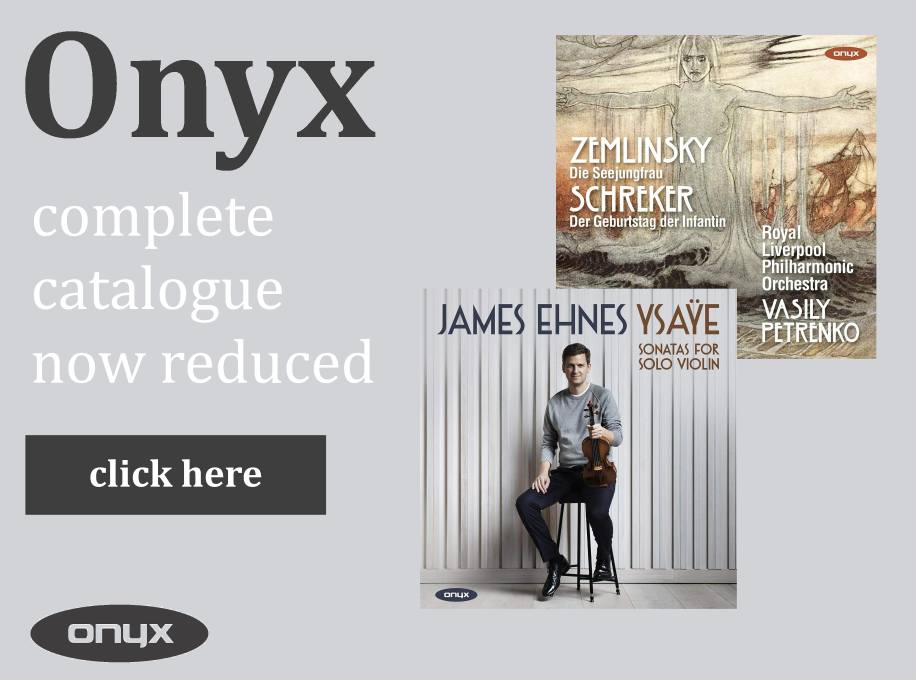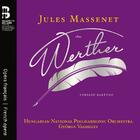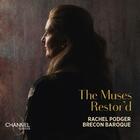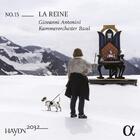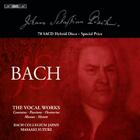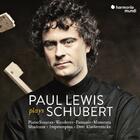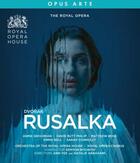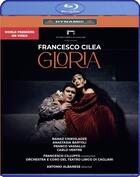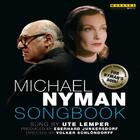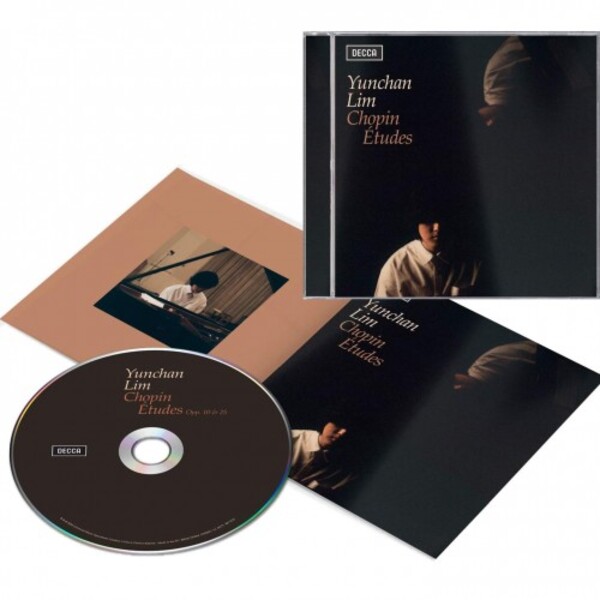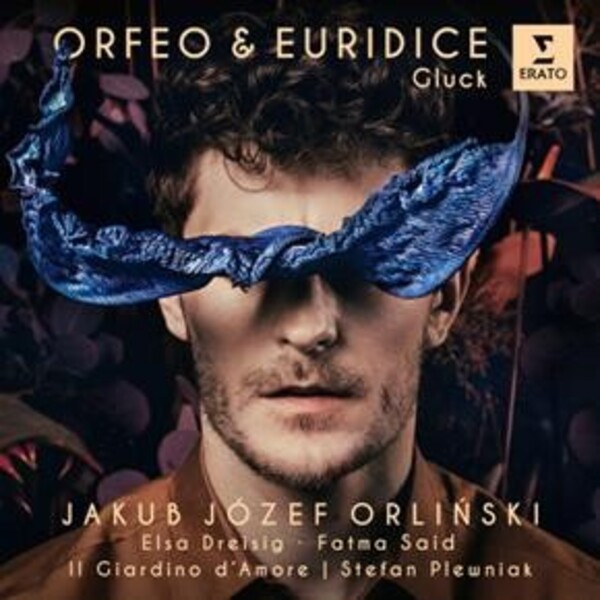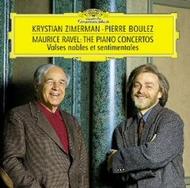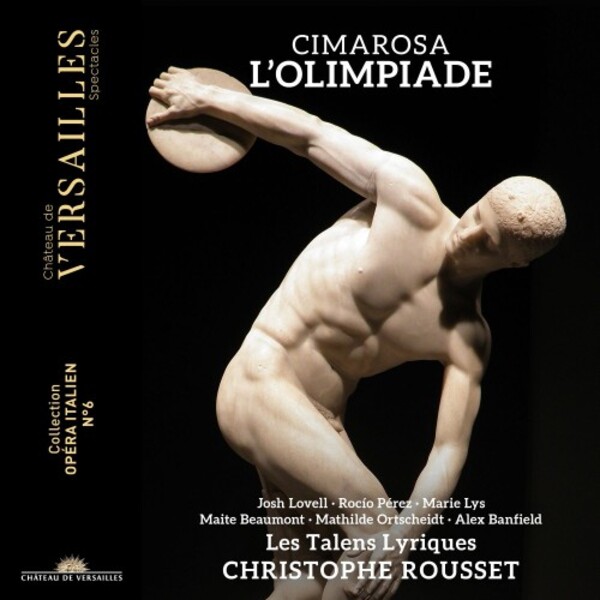
The Europadisc Review
Cimarosa - L’Olimpiade
Christophe Rousset, Josh Lovell, Rocio Perez, Marie Lys, Maite Beaumont, Mathilde O...
£21.25
For their latest release on the Chateau de Versailles Spectacles label, Christophe Rousset and his Talens Lyriques ensemble turn not to the Baroque delights of Lully featured on their previous titles, but to a classical opera seria of Italian provenance. With the 2024 Paris Olympics just a couple of months away, they explore Metastasio’s tale set in Ancient Greece at the time of the original Olympic Games. L’Olimpiade was first set to music by Caldara in 1733 (for performance in Vienna), and was soon taken up by many other composers, among them Vivaldi, Pergolesi, Hasse, Piccinni, Cherubini, P... read more
For their latest release on the Chateau de Versailles Spectacles label, Christophe Rousset and his Talens Lyriques ensemble turn not to the Baroque delights of Lully featured on their previous titles, but to a classical opera seria of Italian provena... read more
Cimarosa - L’Olimpiade

Christophe Rousset, Josh Lovell, Rocio Perez, Marie Lys, Maite Beaumont, Mathilde Ortscheidt, Alex Banfield, Les Talens Lyriques
The Spin Doctor Europadisc's Weekly Column

A Smart Move? The Problem of Attracting Audiences... 8th May 2024
8th May 2024
Given the current funding crisis in the arts, classical music desperately needs to attract more audiences, in an ever more competitive marketplace. The attempts to woo younger and more diverse people to events have often been met with scorn by seasoned concertgoers. ‘Give it time,’ they say, ‘and people will become more interested in the classics as they get older.’ But time is running out for many arts organisations – choirs, orchestras, opera companies and smaller ensembles. And among potential audiences may be the performers of tomorrow: an ever-dwindling band, as provision for music education is cut in favour of increased funding for more ‘profitable’ subjects in applied sciences and economics.
Education is, of course, key (as we’ve remarked before). But strategies for attracting wider audiences certainly need addressing. Every year, the old guard complain at the... read more
 FREE UK SHIPPING OVER £30!
FREE UK SHIPPING OVER £30!
